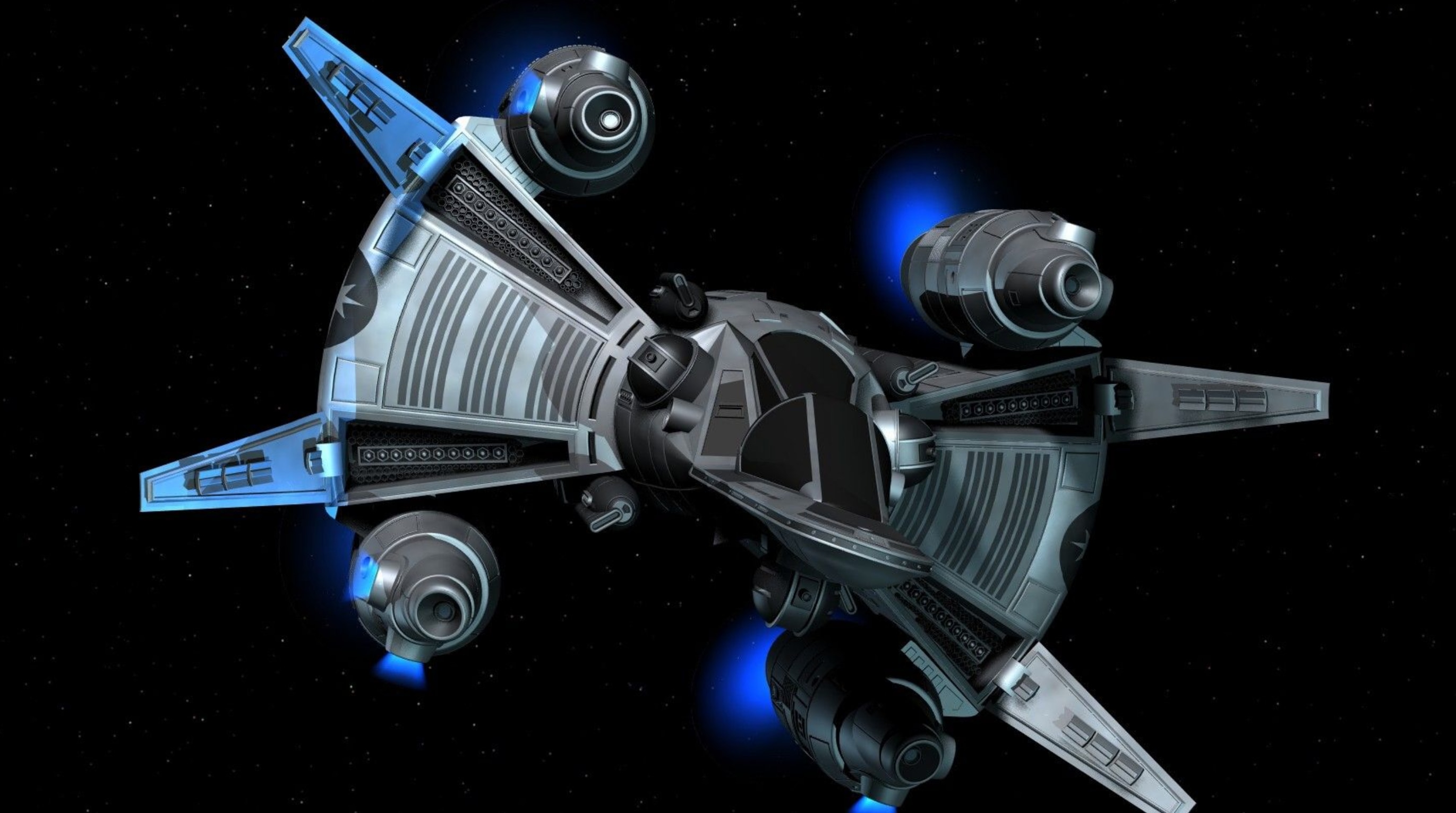It was like a prescient military embodiment of the 80's polygon obsession, right? Of course the aerodynamics were terrible, with a series of flat surfaces instead of smooth tapering, it had to fly slow. No similar planes exist anymore, soooooo not a good look? Missiles, and then drones, both at least sometimes using laser targeting (and other tech that I totally can't imagine whatsoever) killed the bomber, along with anti-aircraft tech. Oh, and the Space Force. It's crazy, but no drawbacks were ever mentioned on the mail-order binder page for the F-117. In fact, no airplane had drawbacks. Drawbacks are not a thing to worry about, m'boy. My entire childhood is full of shit like this. In fact, it was only a few years ago that I found out thanksgiving is a fucking lie. Embarrassing.
The '80s polygon obsession was due to '80s processing power. That '80s processing power belonged to the government in the '70s. People forget: The Last Starfighter was rendered on a goddamn Cray X-MP. Some wag pointed out that the F-117 was the first, last and only airframe ever designed by electrical engineers.
Of course! I'm intimately familiar with the triangle mesh of stereo lithography (.stl) files. Hadn't made that connection yet. Thanks.
Those are curves. The world in the '80s belonged to polygons. Somewhere I have a Rhino 0.9 disc from McNeel & Associates. They were the local AutoCAD vendor and had been failing for more than a decade to convince Autodesk that there was a place for non-platonic solids in engineering so they came out with their own. They actually spelled out "Non-Uniform Reticulated Rational B-Spline" on the face. I did finite element analysis in the late '90s. We were still very much integrating by polygons. Deep down in the heart of it all, all your NURBS processing is integration by parts anyway.